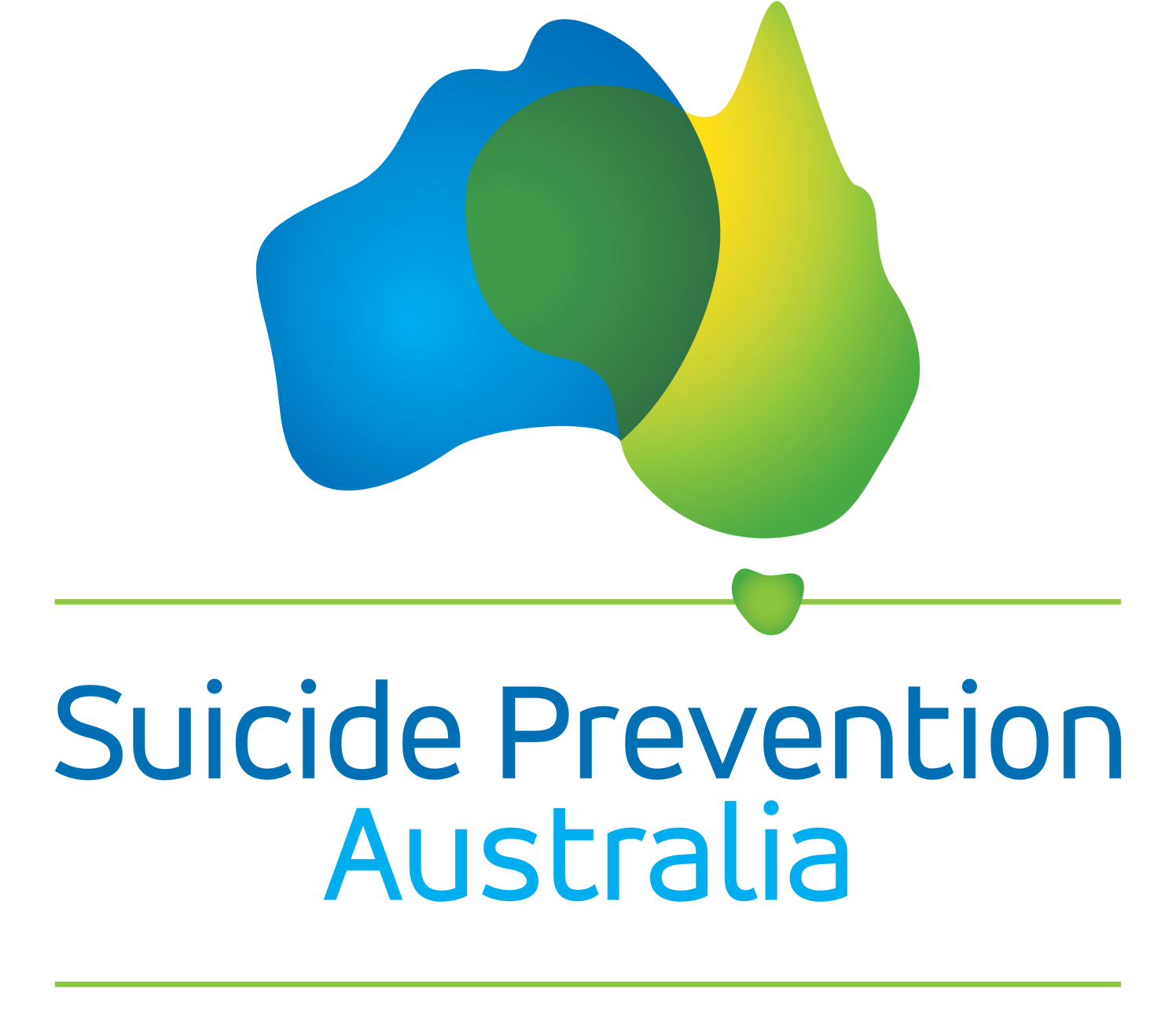Suicide Prevention Australia calls for focus on preventative services in response to ABS risk factors of suicide report

The Australia Bureau of Statistics (ABS) has released the report, ‘Psychosocial risk factors as they relate to coroner-referred deaths in Australia 2017.’ The report provides detail on the 1,966 coroner-referred suicide deaths from 2017. These deaths were found to have one or more associated risk factors identified.
The risk factors associated with suicide were age dependent and differed throughout the lifespan.
Some key psychosocial risk factors identified in the study include:
- Personal history of self-harm
- Disruption of family by separation and divorce
- Problems in relationship with spouse or partner
- Other problems relating to economic circumstances
While the first three risk factors featured across all age groups, the problems relating to economic circumstances emerged in those aged 45-64, with limitation of activities due to disability or other chronic health conditions appearing with those aged 65+.
“What is clear from this information is that suicide prevention reaches well-beyond mental health. Societal and relationship issues are important factors. Whilst we focus on crisis support, an investment in preventive services such as non-clinical supports, relationship and financial counselling are key interventions that can arrest the progression to crisis” said Nieves Murray, CEO of Suicide Prevention Australia.
“Additionally, it is evident that self-harm is an indicator of vulnerability. Supporting people who present with self-harm in our communities and clinical settings with services that assist them to navigate their challenges requires further exploration and investment”.
“Australia has good quality support and crisis services. Our challenge is to ensure that these services are accessible and available to people, not just at the point of crisis, but when key life transitions that place strain on individuals occur, such as family or financial disruption”
Ms Murray said that while this ABS data is useful and important, refinement is still needed.
“It is important to note that coronial data is not homogenous across Australia. Suicide Prevention Australia has previously called for a focus on this issue in order to get a clearer picture around risk factors associated with suicide. This information is a good start but we need to move forward with a whole-of-government approach to suicide prevention and a refinement of data so that the government and the sector can make better decisions around planning.”
The National Suicide Prevention Conference 2019 hosted by Suicide Prevention Australia will be held in Melbourne next week.
World renowned thought leaders, academics, clinicians, community and public health workers in suicide prevention will be coming together to collectively develop a better understanding of suicide, and explore the efforts underway to bring Australia closer to ‘zero suicide’.
